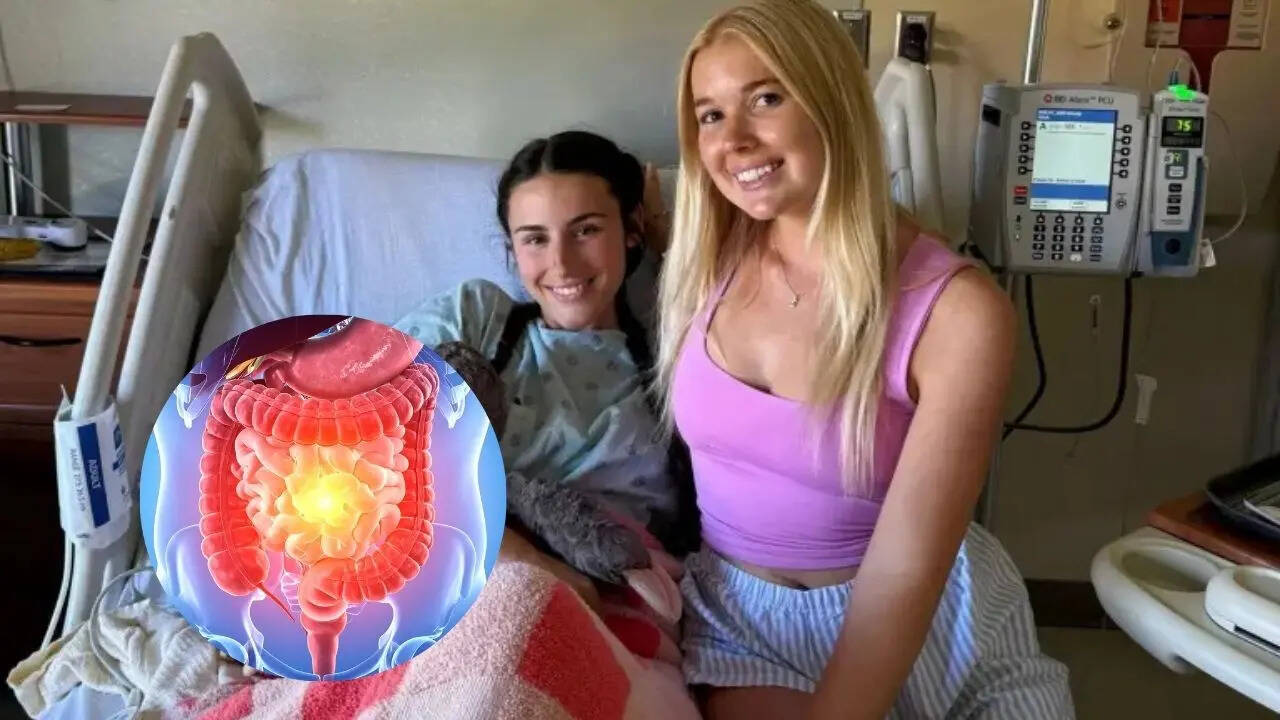24-Year-Old Ignored This Common Digestive Symptom, Now She’s Fighting Stage 3 Colon Cancer

Credits: Meagon Meadows Instagram/Canva
Summary A 24-year-old teacher from California was diagnosed with stage 3 colon cancer after overlooking one of the earliest warning signs. Months later, after persistent symptoms and a routine colonoscopy, doctors found a large tumor. Keep reading to learn what was that one common sign that she missed.
End of Article
